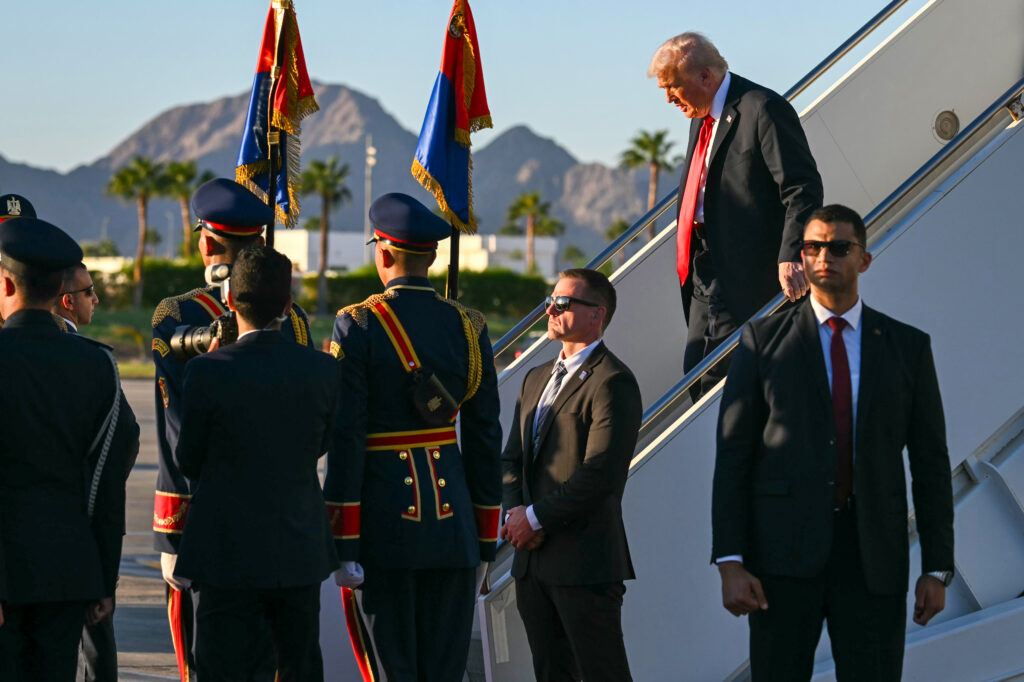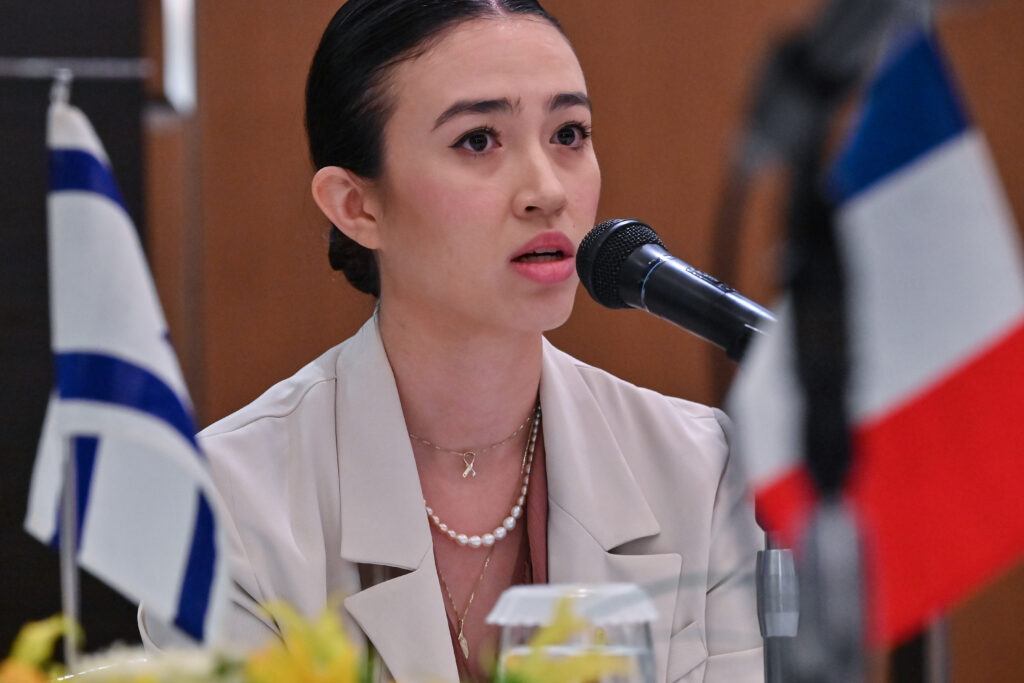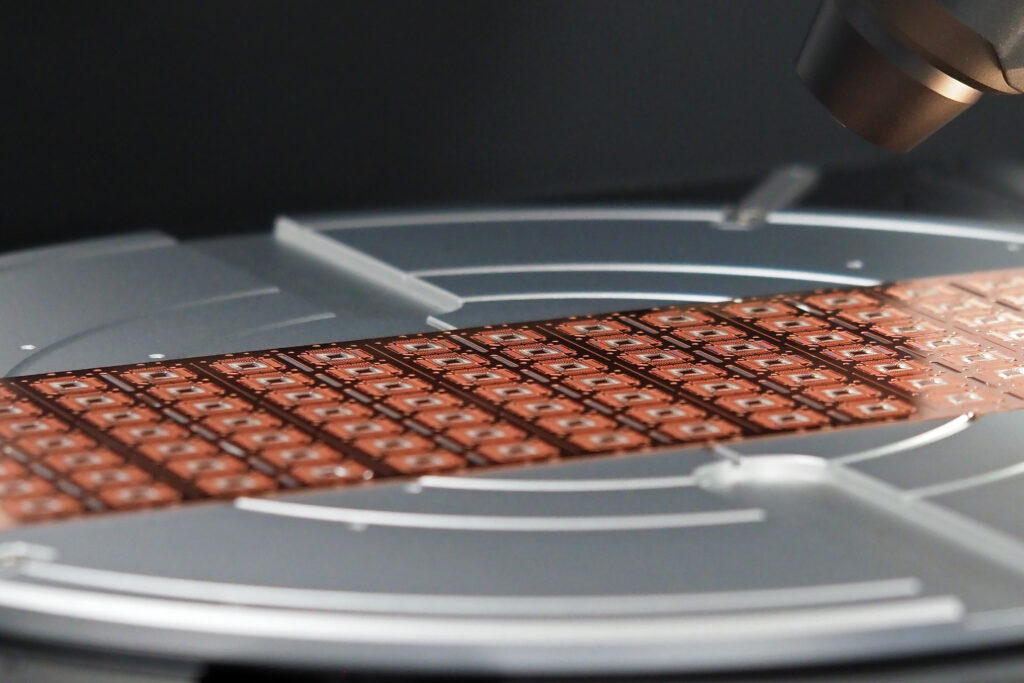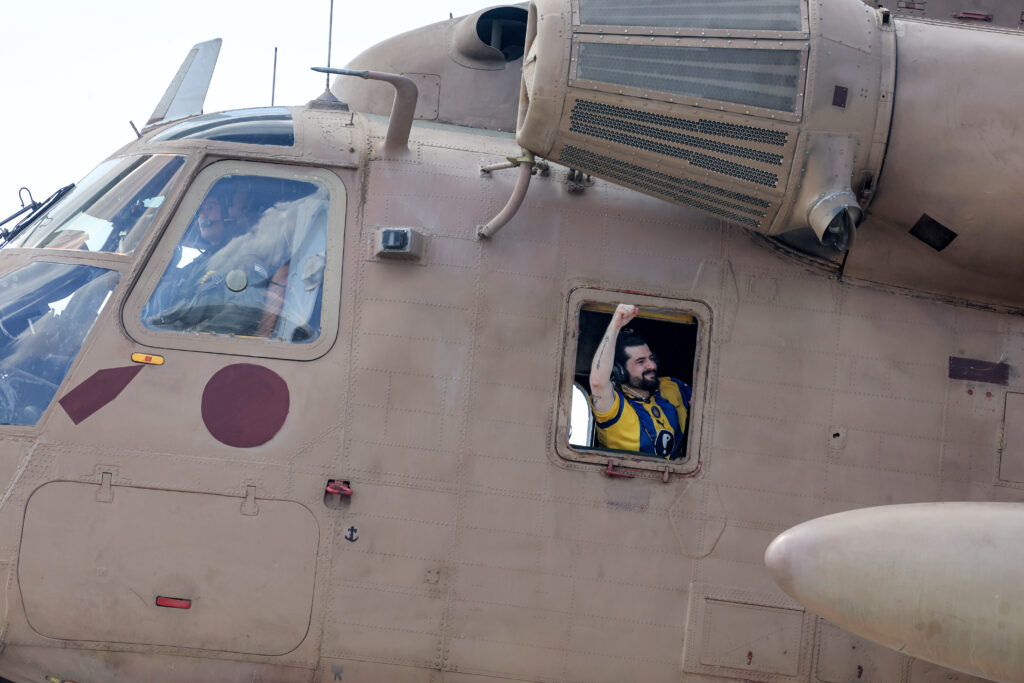The Israeli military said Tuesday that the remains of four deceased hostages returned by Hamas have been identified, including those of a Nepalese student.Separately, a Gaza hospital said it has received the bodies of 45 Palestinians that had been handed back by Israel, also as part of US President Donald Trump’s plan to end the Gaza war. In a statement, the Israeli military named two of the victims as Guy Iluz, an Israeli national, and Bipin Joshi, an agriculture student from Nepal.The names of the other two hostages have not yet been released at the request of their families, the statement added.Iluz, who was 26 at the time of the attack, had been attending the Nova music festival when Hamas-led militants launched their assault on October 7, 2023. He reportedly tried to flee and hid in a tree, from where he made his last contact with his parents before being captured.The military said Iluz was wounded and abducted alive, but later died of his injuries due to a lack of medical treatment while in captivity.It did not specify when he died, though his death was announced in December 2023.The military said the final causes of death for the four hostages will be determined following the completion of forensic examinations.Joshi, who was 22 at the time of the attack, was part of a Nepalese agricultural training group that had arrived in Israel three weeks before the Hamas assault.He was abducted from Kibbutz Alumim.”It is assessed that he was murdered in captivity during the first months of the war,” the military said.- ‘Courageous’ Joshi -Joshi’s Nepalese friend Himanchal Kattel, the group’s only survivor, told AFP that the attackers had thrown a grenade into the shelter, which Joshi caught and threw away before it exploded, saving Kattel’s life.Joshi was a “courageous” student, his teacher Sushil Neupane said.”We were deeply hoping that Bipin would return home. This news hurts us all… our hope has died,” he said. Hamas returned the four bodies on Monday, following the release of all 20 surviving captives as part of the ceasefire deal brokered by Trump.”It’s difficult. You know, we kind of had the rollercoaster on the up yesterday and now we’re on the down,” said Rotem Kuper, son of Amiran Kuper, whose remains are still held in Gaza.”We need to re-gather and continue strongly. You know, we pretty much have no choice,” Kuper told journalists.Meanwhile, the bodies of 45 Palestinians that had been in Israeli custody were handed over to the Nasser Medical Centre in Gaza, the hospital said.Under the Trump deal, Israel was to turn over the bodies of 15 Palestinians for every deceased Israeli returned.- Slow recovery -Palestinian militants are still holding the bodies of 24 hostages, which are expected to be returned under the terms of the ceasefire agreement.”We will not rest untill all 24 hostages are brought home,” said the Hostages and Missing Families Forum, the main Israeli group campaigning for the release of all hostages. As Israelis awaited the return of the remaining bodies, the hostages released on Monday were gradually recovering.”Being underground affects all the body’s systems,” said Noa Eliakim Raz, director at Beilinson Hospital in Petah Tikva, where some of the surviving hostages are being treated.”There is no fixed timetable — each person is recovering at their own pace. It’s important that they heal slowly,” she told journalists, adding that many hostages had experienced weight loss.Twins Ziv and Gali Berman, who were reunited on Monday, said they had been separated throughout their captivity and held in complete isolation, according to Channel 12.The two, who were 28 when abducted, described enduring long periods of hunger, alternating with short intervals when they were better fed, the report said.






